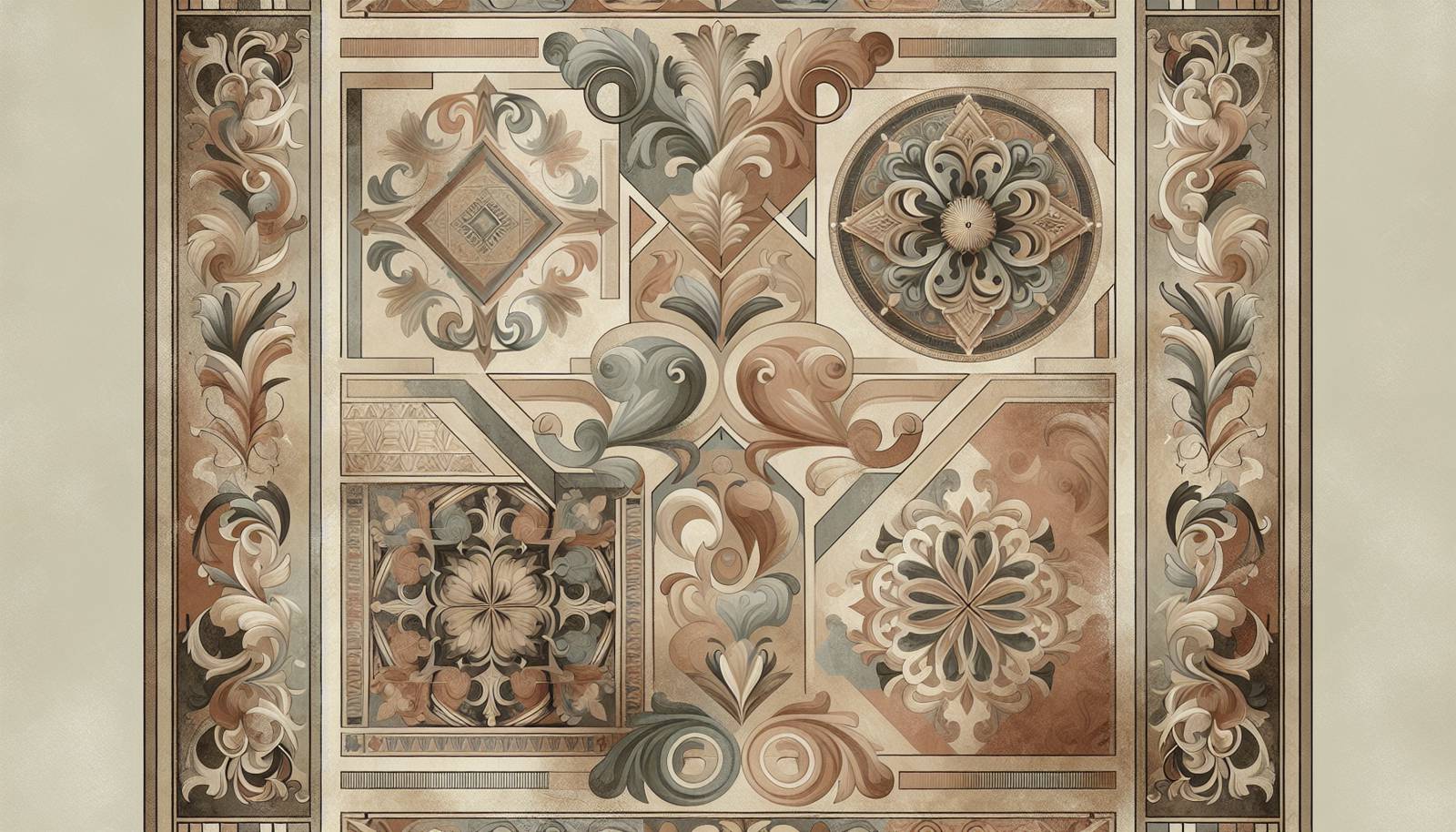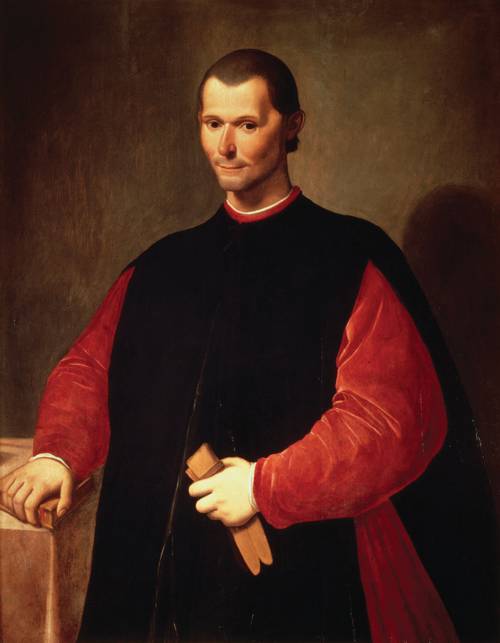
FAQ About Niccolò Machiavelli

Who was Niccolò Machiavelli?
Niccolò Machiavelli was an Italian Renaissance political philosopher and historian, born in Florence in 1469. He is best known for his work 'The Prince', which offered pragmatic, sometimes controversial, guidelines for rulers on how to maintain power and govern effectively. Machiavelli's ideas have had a lasting impact on political theory and practical politics.

What is 'The Prince' by Machiavelli?
'The Prince' is a political treatise by Niccolò Machiavelli, written in the early 16th century. It is one of the most significant works on political theory, offering advice to new princes and rulers on how to maintain power and govern. It emphasizes realistic approaches over idealistic ones, often advocating for manipulation and pragmatic control of statecraft.

Why is Machiavelli considered controversial?
Machiavelli is considered controversial primarily due to the suggestions made in his work 'The Prince', where he famously advises rulers to be prepared to act immorally when necessary. His advocacy for cunning and duplicity in politics went against the moral and ethical expectations of leadership at the time and has led to debates over his true intentions and the morality of his advice.

What are Machiavellian principles?
Machiavellian principles refer to the strategic and often pragmatic approach to politics suggested by Machiavelli in 'The Prince'. These principles emphasize the pursuit of power, the necessity of realpolitik, deceit, and manipulation as tools for maintaining control, and the idea that the ends justify the means when it comes to governance.

How did Machiavelli influence modern political thought?
Machiavelli influenced modern political thought by introducing a realistic approach to politics that acknowledged the often harsh and pragmatic nature of statecraft. His ideas challenged the classical and medieval notions of idealistic leadership, setting the stage for more secular and pragmatic theories of governance that have influenced many political thinkers and leaders throughout history.

Was Machiavelli ever in political office?
Yes, Machiavelli served as a diplomat and senior official in the Florentine Republic. He was involved in a number of diplomatic missions and was responsible for the republic's military affairs for a period. His political career, however, ended in 1512 when the Medici family returned to power, and Machiavelli was first imprisoned and then exiled.

What is Machiavelli's view on human nature?
Machiavelli had a rather cynical view of human nature. He believed that humans are inherently self-interested and that a ruler must take this into account when governing. According to Machiavelli, understanding human nature's base instincts and anticipating people's desires and motivations are crucial for effective leadership.

Did Machiavelli write anything besides 'The Prince'?
Yes, Niccolò Machiavelli wrote several other works, including 'Discourses on Livy', which examines classical Roman history, and 'The Art of War', which focuses on military strategies. Additionally, he wrote plays, poetry, and other political treatises that collectively contribute to his legacy as a versatile and insightful thinker.

What was Machiavelli's relationship with the Medici family?
Machiavelli had a complex relationship with the Medici family. Initially, he worked within the Florentine Republic, which was opposed to the Medici. After their return to power, Machiavelli was imprisoned and then exiled. He later dedicated 'The Prince' to Lorenzo de Medici in an effort, some scholars argue, to win favor and potentially regain his political position.

Is Machiavelli's work relevant today?
Yes, Machiavelli's work remains relevant today as it addresses timeless themes of power, leadership, and governance. His pragmatic approach to politics and insights into human nature continue to resonate in contemporary discussions of political strategy and ethics. 'The Prince', in particular, is still studied widely in political science and philosophy courses.

How does Machiavelli define a good ruler?
Machiavelli defines a good ruler as one who is shrewd, able to maintain power, and willing to act immorally when necessary to achieve the stability and security of the state. According to Machiavelli, a successful ruler must balance traits such as being feared and loved, with a preference for being feared if they cannot be both.

What impact did Machiavelli's writings have on the Renaissance?
Machiavelli's writings had a significant impact on the Renaissance, challenging the prevailing ethical norms with his realist approach to politics. By emphasizing empirical observation and experience over tradition, Machiavelli contributed to the period's broader progression towards humanism and secularization in thought.

Did Machiavelli invent the term 'The ends justify the means'?
No, Machiavelli did not invent the phrase 'The ends justify the means', but this concept is often ascribed to his writings due to his emphasis on pragmatic, result-oriented politics described in 'The Prince'. The idea captures his belief in the necessity of achieving state goals by any effective means.

What is the meaning of 'Machiavellianism'?
'Machiavellianism' refers to a political or personal strategy employed to gain advantage through cunning, deception, and pragmatism. It is derived from Machiavelli's works where such tactics are advised for leaders to maintain control and power. In psychology, it describes a personality trait characterized by manipulation and exploitation.

Where did Machiavelli spend most of his life?
Niccolò Machiavelli spent most of his life in Florence, Italy. He was deeply involved in the political life of the Florentine Republic and worked in various capacities within its government. After the Medici regained control of Florence, he spent much of his later life in exile on his family estate in Sant'Andrea in Percussina, near Florence.

How did Machiavelli's political career end?
Machiavelli's political career ended in 1512 when the Medici family overthrew the Florentine Republic, with which he was closely associated. He was subsequently imprisoned and tortured but later released and exiled. Machiavelli then turned primarily to writing, producing many of his philosophical works during this period.

What is 'The Art of War' by Machiavelli?
'The Art of War' by Machiavelli is a treatise that outlines military strategy and tactics. It draws on the ideas and historical context of Roman warfare and offers insights into the organization and discipline necessary in armies. This work exemplifies Machiavelli's belief in preparedness and strategic planning in both military and political contexts.

Was Machiavelli considered a realist or a moralist?
Machiavelli is often considered a realist because his works, particularly 'The Prince', focus on understanding and grappling with the real, sometimes harsh, workings of power rather than adhering to moral or ethical ideals. He emphasized practical approaches over idealistic ones in governance and politics.

What was Machiavelli's impact on the structure of political treatises?
Machiavelli's impact on the structure of political treatises was profound, introducing an empirical and practical framework for discussing governance. His departure from moralistic discourse to focus on realpolitik and strategy influenced the way subsequent political treatises were written, stressing observation and pragmatic solutions.

In what ways did Machiavelli contribute to the field of political science?
Machiavelli contributed to the field of political science by laying foundational concepts of power dynamics, statecraft, and leadership. His emphasis on empirical observation and the practical aspects of rule-making introduced a more scientific approach to politics, differentiating it from philosophical discourses rooted in ideals and ethics.
